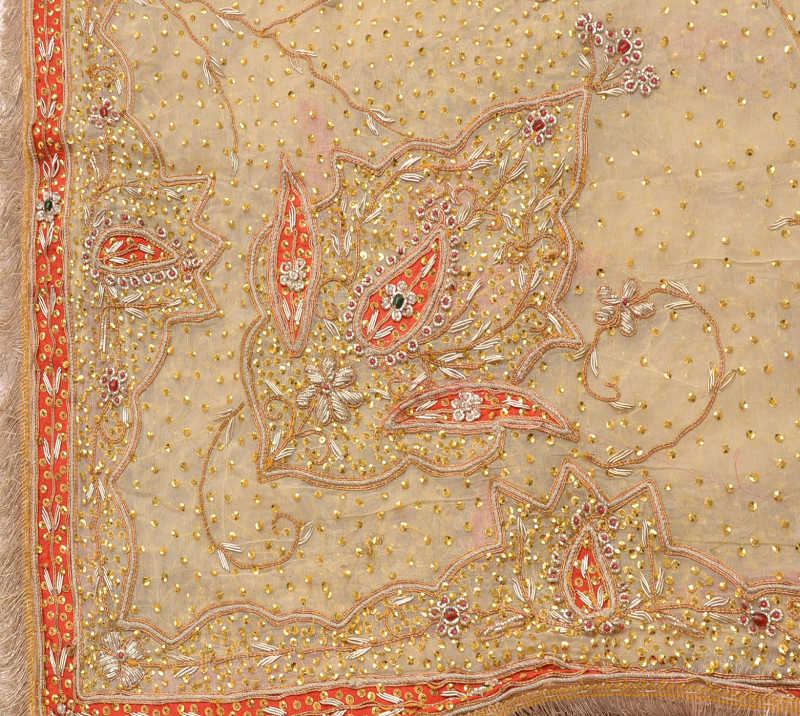===
0309,
17
===

=== |
 |
;xayaal : 'Thought, opinion, surmise, suspicion, conception, idea, notion, fancy, imagination, conceit. whim, chimera; consideration; regard, deference; apprehension; care, concern'. (Platts p.497)
a;sar : 'Footprint; sign, mark, token, trace, track, vestige, shadow; impress, impression, influence; effect; result, consequence'. (Platts p.22)
kahii;N : 'Somewhere; anywhere; wherever, whithersoever; —ever, anyhow, by any chance; ever-so-much, far, greatly; —may be, perhaps, peradventure'. (Platts p.808)
FWP:
SETS
MOTIFS
NAMES
TERMS == VERSE-SETThis is the third and final verse of a three-verse verse-set; for a fuller discussion, see {309,15}.
I have nothing special to add.